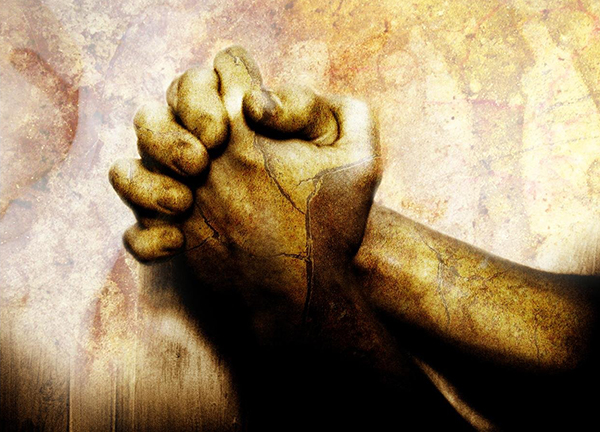
Fr. Ron Rolheiser writes that forgiveness is the one thing we do not do well. Lack of forgiveness is our Achilles’ heel. Everywhere we turn, somebody is nursing a grudge; somebody has a history that justifies anger; and somebody is protesting that, in their case, the call to forgiveness does not apply. All of which is an infallible sign that our hearts are not near the size of our faith. We rationalize this non-forgiveness in every way: “I have a fierce desire for justice, and there can be no forgiveness until there is justice.” “I have been victimized and therefore am above the demand for forgiveness – at least right now, at least as it pertains to this particular thing, or at least as it pertains to this particular person or group.” “Nobody knows my pain, and pain such as mine justifies my bitterness and anger.” “The challenge to forgive is easily spoken by those in power and those who have done the wrong – I wonder how they would feel if they were on the other end!” In each of these cases, unspoken but present, is the subordinate clause – “and thus I have the right to hate!” In each case too, unspoken but present, there is the bracketing of a key subordinate clause in the Lord’s Prayer “as we forgive those who trespass against us.” To err is human to forgive is divine. Forgiveness is not something we human beings can do all on our own. Forgiveness is a non-human power that God gives to the world in the resurrection of Jesus. For many, the pain they have endured that challenges forgiveness is something they will struggle with their entire lives. That is why we must continue to seek God’s assistance over and over and over again. Forgiveness is the only thing new in the world, the one sure sign that there is a God.
